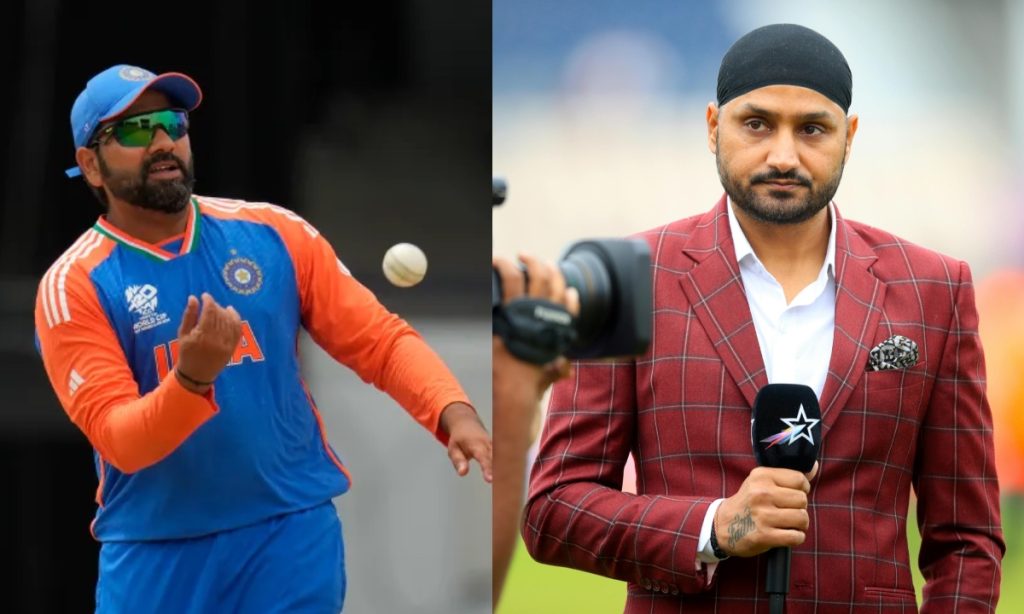The cricketing world is abuzz with discussions over the upcoming ICC Champions Trophy 2025, set to be hosted by Pakistan. Amidst this, former Indian off-spinner Harbhajan Singh has ignited a debate with his forthright views on whether Team India should travel to Pakistan for the tournament. Singh’s comments, reflecting a blend of cricketing insight and geopolitical awareness, have sparked conversations across sports forums and beyond.
Harbhajan Singh, known for his candidness, expressed his reservations not just on cricketing terms but on the broader canvas of international relations and security. “I feel the security concerns are always there, and if the security of the players is not ensured there, then I don’t think that the team should go there,” Harbhajan Singh stated in an interview, highlighting the paramount importance of player safety over sporting engagements. His stance comes at a time when cricket, often seen as a bridge between nations, faces the harsh realities of regional politics.

The backdrop to Singh’s comments is the volatile history of cricketing exchanges between India and Pakistan. Since 2008, India has not toured Pakistan for cricket, primarily due to security issues. This reluctance was evident again when India played their Asia Cup matches in Sri Lanka last year, avoiding travel to Pakistan. The situation for the Champions Trophy seems poised for a similar outcome, with discussions around a hybrid model where India might play their matches in a neutral venue like the UAE or Sri Lanka.
“Looking at the situation in Pakistan, I have to say that the Indian team should not go to Pakistan, and Pakistan should think about it, and then the ICC will make its decision, and most likely, it will be a hybrid model, it will be played in Dubai. The media gets hype, and everyone’s videos get likes because the big matchup is good so it will sell. So I think this is a reality and it will definitely be a hybrid model,” he said.
“The safety of the players is the first priority. The safety of the players is the first priority. Respect is the second priority. There are many things. I think BCCI is doing a great job. I think all the countries will accept the final decision. I think it will be a hybrid model,” he added.
Singh’s argument isn’t just about cricket; it’s about the broader implications of such a decision. “If they say that the teams will get full security and there is no hassle, then it’s on the government to think and make decisions because, in the end, it’s not just about cricketing matters and the issue goes beyond,” he added. This statement underscores the complexity of the decision, involving not just the BCCI but also the Indian government, given the geopolitical sensitivities between the two nations.
The Pakistan Cricket Board (PCB) has made efforts to reassure potential visitors, including India, by proposing that all matches involving India would be held in Lahore, with the team staying at a single, secure location. However, Singh’s skepticism reflects a broader sentiment among many in India, where security trumps the allure of cricketing rivalry.
Singh’s comments also touch on the ICC’s preparations, with a reported budget of around $65 million set aside for hosting matches outside Pakistan if necessary. This financial cushion indicates the ICC’s anticipation of potential complications, aligning with Singh’s cautious approach.
Harbhajan Singh’s verdict on India’s potential tour to Pakistan for the Champions Trophy isn’t just a cricketing opinion but a reflection of the intricate dance between sports and international diplomacy. His call for prioritizing security over cricketing engagements resonates with many, highlighting the challenges of sports in a politically charged region. As the cricketing world watches, the decision on India’s participation will be a litmus test for cricket’s role in fostering peace or succumbing to geopolitical tensions.

